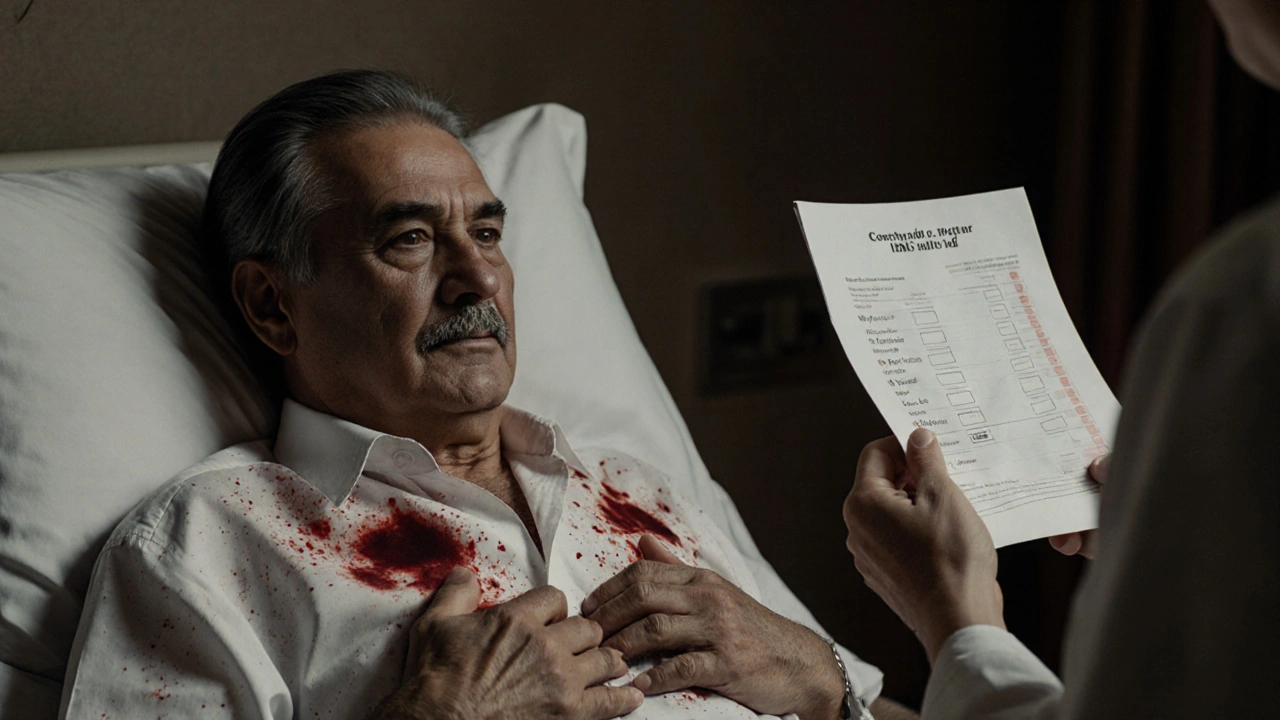Anticoagulants: What They Are, How They Work, and What You Need to Know
When your blood clots too easily, it can lead to strokes, heart attacks, or deadly pulmonary embolisms. That’s where anticoagulants, medications that slow down the blood clotting process to prevent dangerous clots. Also known as blood thinners, they don’t actually thin your blood—they just make it harder for clots to form. These drugs are life-saving for people with atrial fibrillation, deep vein thrombosis, or artificial heart valves, but they’re not simple to manage. One wrong move—like mixing them with the wrong food or medicine—and you could end up bleeding too much.
Not all anticoagulants are the same. Warfarin, an older anticoagulant that requires regular blood tests to monitor dosage has been used for decades and still works well for many. But newer options like apixaban and rivaroxaban don’t need constant monitoring, making them easier for daily life. Still, they all carry the same core risk: bleeding. Even a small cut can take longer to stop, and a fall could mean internal bleeding. That’s why knowing what interacts with these drugs is critical. SSRIs, common antidepressants that also affect platelet function, can make bleeding more likely when taken with anticoagulants. Same goes for carbamazepine, a seizure and nerve pain drug that speeds up how fast your body breaks down blood thinners. If you’re on one, you might need a higher dose of your anticoagulant—or a different one altogether.
It’s not just about pills. Some supplements, like fish oil, garlic, or ginkgo, can boost bleeding risk too. Even something as simple as switching from one generic brand of warfarin to another can throw your levels off—because not all generics are created equal. That’s why so many people end up in the ER after a minor change they didn’t think mattered. The good news? With careful tracking and clear communication with your doctor, you can stay safe and avoid the big risks. Below, you’ll find real, practical guides on how to manage these drugs, spot dangerous interactions, and buy affordable versions without falling for scams. Whether you’re just starting anticoagulants or have been on them for years, there’s something here that can help you stay in control.

Anticoagulants and Bleeding Disorders: How to Prevent Hemorrhage
Anticoagulants prevent dangerous clots but carry a real risk of bleeding. Learn how to reduce hemorrhage risk with smart dosing, kidney checks, and avoiding dangerous drug combinations.
Read More